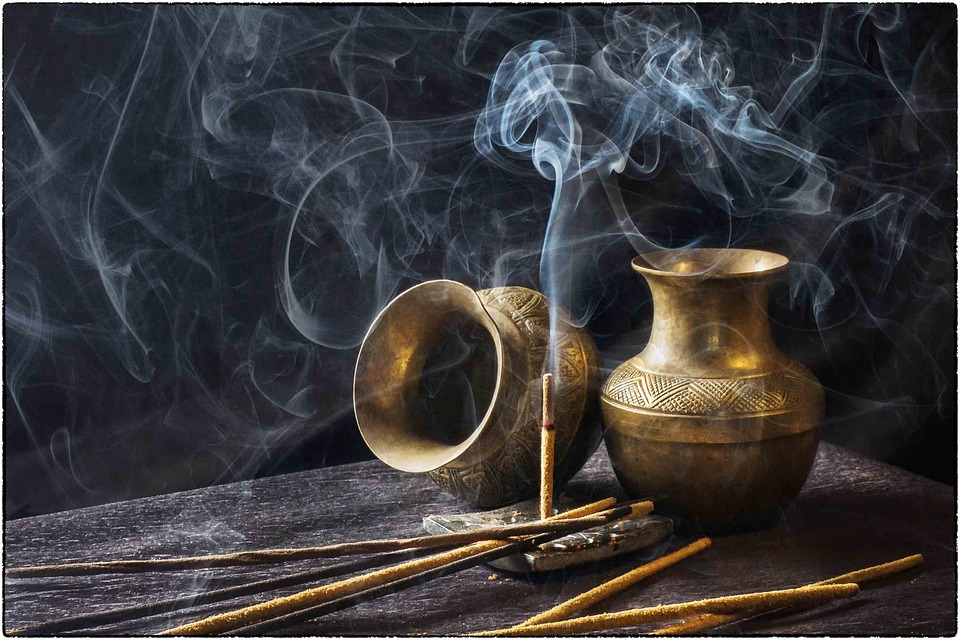As the world continues to modernize and globalize at a rapid pace, the ancient traditions and cultures of indigenous peoples are at risk of being lost. These unique ways of life have been passed down through generations, holding the essence of wisdom, spirituality, and connection to the earth. Preserving these ancient traditions is not only important for cultural diversity, but also for our collective understanding of humanity.
Indigenous cultures are not just a relic of the past; they are living, breathing entities that continue to thrive today. These communities have rich customs, beliefs, and practices that have sustained them for centuries. From the Maasai of Kenya and Tanzania to the Inuit of the Arctic, each indigenous culture offers a glimpse into a different way of viewing the world and our place within it.
One of the most beautiful aspects of indigenous cultures is their close relationship with nature. These communities have a deep respect for the land, seeing it as a living being that must be cared for and nurtured. Practices such as sustainable farming, hunting, and fishing have been honed over generations, ensuring that resources are not depleted and the ecosystem remains in balance.
In addition to their stewardship of the environment, indigenous cultures also have a profound spiritual connection to the natural world. Rituals and ceremonies are performed to honor the earth, sky, and water, acknowledging their role in shaping the world and sustaining life. These traditions offer a different perspective on our relationship with the planet, one that emphasizes harmony and reciprocity.
Furthermore, indigenous cultures are repositories of traditional knowledge that has been accumulated over centuries. This wisdom encompasses a wide range of topics, from herbal medicine and astronomy to storytelling and craftsmanship. By preserving these ancient traditions, we are able to learn from the experiences and insights of those who came before us, enriching our understanding of the world and our place in it.
Unfortunately, many indigenous cultures are facing unprecedented challenges that threaten their survival. The pressures of globalization, climate change, and cultural assimilation are eroding the fabric of these communities, pushing them to the brink of extinction. It is imperative that we take action to protect and preserve these ancient traditions before they are lost forever.
One way to support indigenous cultures is to prioritize their voices and perspectives in discussions about conservation and development. Too often, decisions are made without consulting these communities, leading to projects that harm rather than help them. By involving indigenous peoples in decision-making processes, we can ensure that their rights and traditions are respected and upheld.
Supporting indigenous artisans and craftsmen is another crucial way to preserve ancient traditions. Many indigenous communities rely on traditional crafts such as weaving, pottery, and carving for their livelihoods. By purchasing products directly from these artisans, we can help to sustain their cultural practices and economic independence.
Education is also key to preserving indigenous cultures. By teaching future generations about the history, customs, and beliefs of these communities, we can ensure that their heritage is passed down and cherished. Initiatives such as cultural exchange programs, language revitalization efforts, and storytelling workshops can help to keep indigenous traditions alive for years to come.
Ultimately, the preservation of ancient traditions is not just a matter of cultural preservation, but a vital aspect of our shared humanity. By respecting and honoring the diverse ways of life that exist in the world, we can enrich our collective understanding of what it means to be human. Indigenous cultures offer a window into the past, present, and future, reminding us of the beauty and resilience of the human spirit.
In conclusion, the beauty of indigenous cultures lies in their deep connection to the earth, their spiritual wisdom, and their rich traditions. By taking steps to support and preserve these ancient ways of life, we can ensure that they continue to flourish and inspire future generations. It is up to each of us to recognize the value of indigenous cultures and work together to protect them for the benefit of all.





